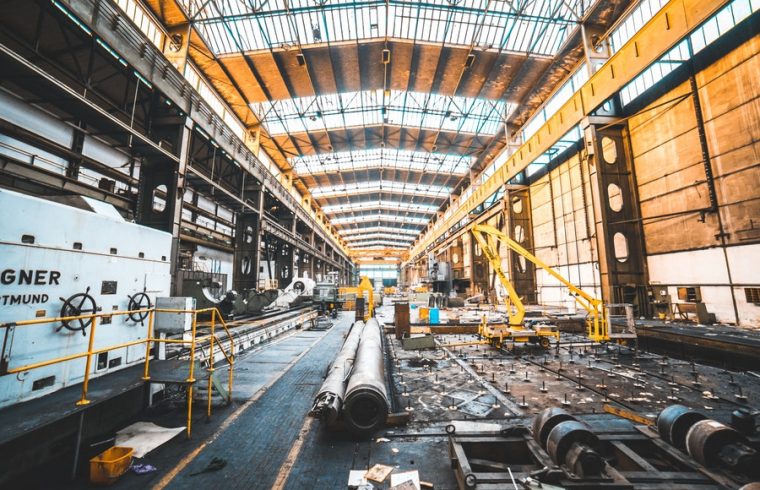Rubber plantations are a growing driver of deforestation globally, particularly in Southeast Asia and Western Africa. Mighty Earth joins Global Platform for Sustainable Natural Rubber as founding member.
In a bid to address the uncontrolled deforestation, carbon emissions and human rights abuses who have plagued the rubber industry for decades, leading tire companies are currently collaborating with environmental advocacy organizations and other important stakeholders at the rubber industry to start the Global Platform for Sustainable Natural Rubber (GPSNR).
“It took a little while to get to the starting lineup, but we are thrilled that the major tire companies are now racing to tackle deforestation and land grabbing within their supply chains,” said Glenn Hurowitz, CEO of Mighty Earth, a founding member of the GPSNR. “The most pressing task for your GPSNR would be to set up a functioning platform this year to monitor their entire supply chains for land clearance and human rights issues.”
A similar stage in the Brazilian soy sector practically eliminated deforestation for soy in the Brazilian Amazon within three decades, and has maintained it at near-zero levels for more than a decade.
Rubber plantations are an increasing driver of deforestation globally, particularly in Southeast Asia and Western Africa. Deforestation is responsible for roughly 20% of greenhouse gas emissions and is a major driver of climate change.
And by some estimates, the growth of deforestation for rubber between now and 2024 could discharge the exact same quantity of carbon dioxide — a major byproduct of rubber manufacturing — as India does each year. Industrial rubber cultivation also destroys the habitats of endangered animals including tigers, gibbons and elephants.
Industrial plantations indigenous peoples and also violate the rights of forest-dwelling communities. Property grabbing forced displacement, and human rights abuses accompany the institution of rubber plantations in areas of tropical woods.
The GPSNR was designed to address these difficulties. Initial plans would have generated an forum, but rubber businesses and their customers have reacted to calls to produce a more inclusive platform. Because of this, the GPSNR was expanded to provide an equal voice and has created a route forward to consist of representation for smallholders as well.
“Swift action is urgently needed,” explained Kristin Urquiza, Senior Campaign Director in Mighty Earth. “Luckily, the International System for Sustainable Natural Rubber presents an opportunity to take meaningful, industry-wide actions to fix this crisis and help eliminate deforestation and human rights abuses from the worldwide rubber distribution chain.”
Mighty Earth has documented the effect of the rubber sector to the natural environment and human rights in Southeast Asia, also called on tire firms such as Bridgestone, Goodyear, Continental, Michelin and Pirelli to generate transformative rubber-buying policies that will prevent deforestation and manipulation in rubber-producing nations as promptly as possible. Even though most policies have openings to date, at least nine companies have embraced policies — making the achievement of the GPSNR even more crucial.
While automakers such as Ford and GM, and tire companies including Bridgestone, Cooper and Hankook are working to improve bicycle sustainability in various manners, the industry is still rife with issues, which the associations behind GPSNR are counting on it to tackle.
“Together with the tire industry’s launch of this platform, the goal of eliminating commodity-driven deforestation by 2020 is in reach for rubber, cocoa, palm oil, and paper,” Hurowitz explained. “The spotlight now falls on the soy industry, which has failed to expand its success from the Brazilian Amazon to another hotbeds of deforestation across South America, because of the bitter opposition of rogue traders such as Bunge.”











